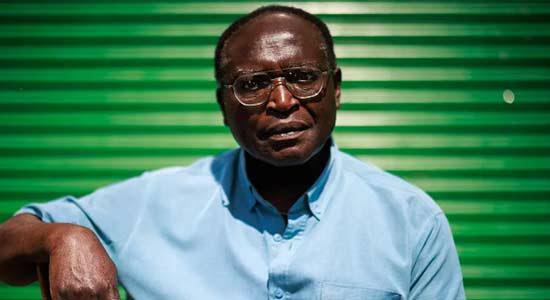A 74-year-old Ghanaian man, Nelson Shardey, has launched a legal battle against the United Kingdom’s Home Office after being denied permanent residency despite living in the country for over four decades. Shardey, who arrived in the UK in 1977, has been told he must wait another 10 years before his application for permanent residency can be considered.
Shardey, who is now retired, initially came to the UK to study accountancy on a student visa that also allowed him to work. He had long believed he was officially British, having paid taxes throughout his adult life and never leaving the country since his arrival.
“I have never left the UK as I saw no need to and regarded it as my home,” Shardey told the BBC. “Nobody questioned me. I bought all my things on credit, even the house. I got a mortgage. And nobody questioned me about anything.”
His assumptions about his residency status were shattered in 2019 when he applied for a passport to travel to Ghana following the death of his mother. It was then that the Home Office informed him he was not considered a British citizen and had no right to remain in the UK. Officials instructed him to apply for the 10-year route to settlement, which requires about £7,000 in fees and an additional £10,500 over the same period to access the National Health Service (NHS).
Shardey, who is recovering from prostate cancer, expressed his dismay at the decision. “I cannot afford to pay any part of the money they are asking. Telling me to go through that route is a punishment, and it’s not fair in any way,” he said. “I don’t understand why this fuss at all because I put my life, my whole self into this country.”
Also, read; 1-Year-Old Ghanaian, Ace Liam Becomes Guinness World Records’ Youngest Male Artist
The bureaucratic process has added another layer of complexity to Shardey’s predicament. Two years ago, he inadvertently filled out the wrong form while trying to extend his right to stay in the UK, causing his 10-year process to reset and start anew in 2023. This means he will not be eligible for permanent residency until he is 84 years old.
Nicola Burgess, a lawyer at the Greater Manchester Immigration Aid Unit, is now representing Shardey in court against the Home Office. The department has declined to comment on the ongoing case.
Shardey’s contributions to the UK have been significant. He has performed jury service and in 2007 received a police award for bravery after intervening in a robbery. He has two sons, Jacob and Aaron, with a British woman, following the end of his first marriage, also to a Briton.
This case highlights the complexities and challenges faced by long-term residents who discover, often too late, that their assumed legal status is in jeopardy. As Shardey fights for his right to stay in the country he has called home for nearly half a century, his story underscores the urgent need for clarity and compassion in immigration policies.

